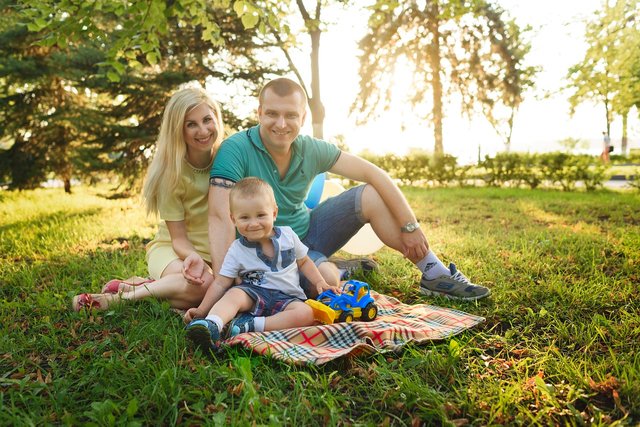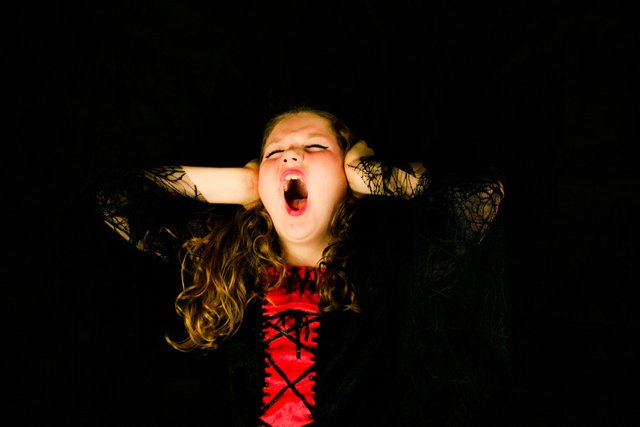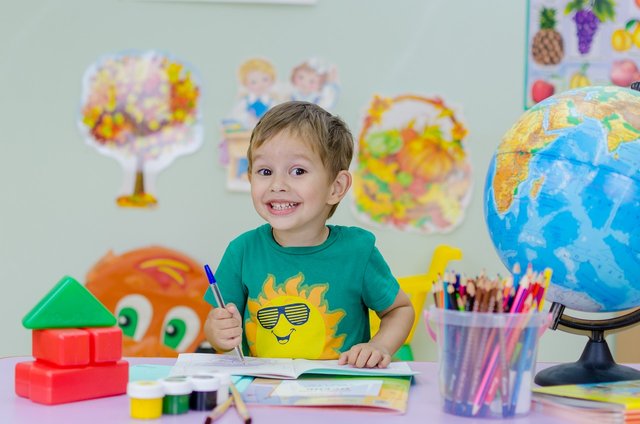Management of emotions in Children
Adults play a fundamental role in helping children acquire the capacity for emotional self-regulation . In this way it is possible for the child to experience the emotions in an adaptive manner and this has a positive effect on the development of his self-esteem, on mental health and on his social well-being.

Credits
The emotions play a central role in the lives of human beings. The emotional state determines, in a substantial way, the state of well-being or malaise of people and influences their actions. For example, some dysfunctional behaviors such as binge eating, aggressive acting, substance abuse, promiscuity, self-harm and internalizing disorders such as anxiety and depression , are generated by inefficient emotional regulation . For this reason, it is essential for parents to help their children acquire effective emotional regulation skills , which positively affect their physical and psychological well-being.
The acquisition of useful ways of managing their emotional states in the developmental age, is configured as an important factor of protection with respect to various psychopathological problems , decisively improving the quality of life of children. Here are some effective suggestions:

Credits
- Self- regulating healthy emotion : Children are excellent observers and tend to imitate the behaviors and reactions of their parents. To maintain a calm and coherent attitude, avoiding, for example, to scream or intimidating attitudes, following certain behaviors of children (such as arranging toys or cleaning the house), can greatly affect their children to learn the regulation emotional and self-control.

Credits
- Recognizing and validating emotions: It is important that parents, and adults in general, pay attention to the emotional state of children. In particular, a judgmental and not empathetic attitude is dysfunctional and can push children to repress their emotions, as they are labeled as "wrong". On the contrary, an empathic attitude of adults that recognizes and validates the emotional experience of children, communicates that all their emotions are important and that these, even if sometimes they can be uncomfortable, are not dangerous and can be managed. Following empathic interventions by the parents, the children begin to accept and elaborate their emotions, obtaining a better awareness and emotional control.
Given the importance of this attitude, fundamental even within therapeutic settings.

Credits
- Limit their actions but not their emotions: When children experience an emotion, such as anger, telling them to calm down or punish them will not change the fact that they feel angry. On the contrary, interventions of this type communicate to the child that his emotions are "bad" or "wrong", so, the latter will try to repress them with damaging consequences on their development. A much better approach is to teach them the skills to manage emotions.
Another fundamental factor is to make a clear distinction between the actions and emotions we experience. In particular, it is important to teach our children that we can not choose our emotions, but we can choose how we behave; for example, it's okay to get angry, but it's not fair to hit others or throw objects.

Credits
- Help them find healthy emotional outlets: An important strategy that positively affects the quality of life implies learning how to channel negative emotions into positive and constructive ways. Having a healthy emotional outlet, such as dancing, playing an instrument, painting, writing or embarking on a sport, allows the child, not only to release any repressed emotion, positively affecting their mental health, but also to improve their social life.

Credits
- Let them talk to you: Another strategy that encourages good emotional regulation is to encourage the child to talk about his experiences, such as events at school or in other contexts, with peers and adults. Communicating not only the description of the event, but the way in which the children felt, their inner life and their reactions, favors a greater elaboration and organization of the experience, which helps them to express and let go of sadness , fears or anger related to the event itself. This strategy represents a protective factor, eliminating the possibility of trauma unresolved and repressed emotions that tend to recur in the future, negatively affecting well-being.
Big Thanks to @enginewitty for this cool Banner
Your Vote can change Everything. Vote Witnesses:




Ein wirklich guter Artikel
hat Spaß gemacht zu lesen und stimmt auch
Super
I think guardians should recognize that building ones self esteem doesn't mean saying nice words or kind words all the time. I got all the kind words as a child, it didn't help my self esteem. Rather it was the difficulties I faced personally that finally helped me build character
Fantastic post with some amazing tips to help to guide chidren to self regulation. I really enjiyed reading it. There is some great books to help children to reconize emotions and how to handle them.
What a great advice within the valued content, reblogged! :-D as the reading property @afifa
So true. It's incredibly important for children to be allowed expression of their emotions. All excellent advice here.